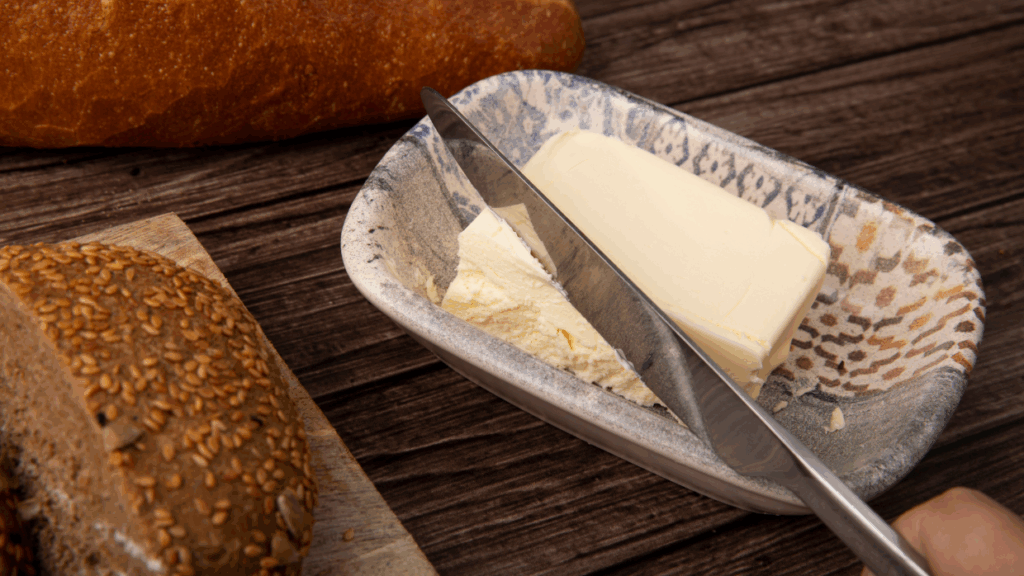A popular brand has recalled its butter from stores. This happened because there may be fecal (poop) contamination in the product.
Cabot Creamery is a well-known brand from Vermont that produces about two billion pounds of butter every year. They have willingly recalled 1,700 pounds of Cabot Creamery Extra Creamy Sea Salted Butter Sticks. This is due to test results indicating the presence of elevated levels of coliform bacteria in the product.
Coliform is not in itself harmful rather its presence may sometimes indicate fecal contamination from humans or animals. This raises the probability for contamination by dangerous bacteria such as E. coli and Salmonella.
The FDA announced that the recall began on March 26 with 189 cases of butter distributed to stores in seven states: Vermont, New York, Pennsylvania, Maine, Connecticut, New Hampshire and Arkansas.
Cabot Creamery has recalled butter sticks with the following details:
- Best By Date: September 9, 2025
- Lot Number: 090925-055
- UPC: 0 78354 62038 0
As of this time, there have been no reports of illness. The company reported that 99.5% of the recalled butter was recovered before it reached consumers.
Coliform bacteria usually originate from feces, soil and water. They can also find their way into food products through unsafe handling practices concerning foods like raw milk, undercooked meat or unwashed products.
Coliform bacteria indicate possible contamination by pathogens. E. coli can cause stomach cramps, bloody diarrhea and vomiting infecting an estimated 95,000 Americans annually with a fatality rate of 17-20% in sensitive populations such as the very young and old.
Coliform can also serve as indicators for possible Salmonella contamination. Symptoms of Salmonella infection arise six hours to six days following infection including fever, diarrhea and abdominal cramps. Most cases resolve quickly; however, Salmonella accounts for more than 26,000 hospitalizations and 400 deaths in the United States each year.
The recalled butter remains in effect as of April 9 with no information from FDA on disposal measures for consumers.


